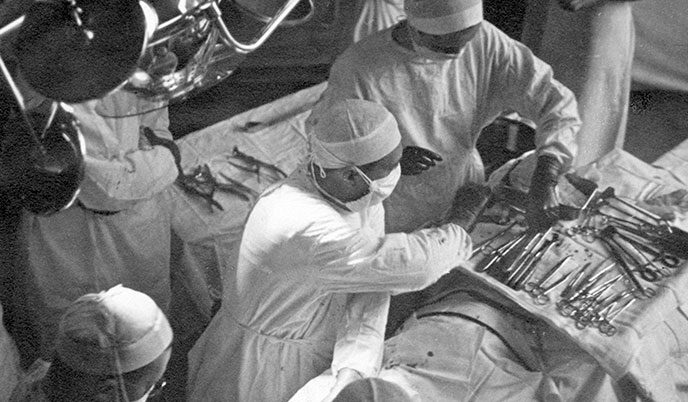
UW surgery turns 100
The first day of classes must have felt like a leap of faith. It was 1924 and just three faculty members charged with teaching three medical students made up the new surgery academic department in the University of Wisconsin’s new School of Medicine. At the Wisconsin General Hospital, community surgeons were called in to help teach the students how to set bones, treat sepsis, alleviate inflammation and perform minor surgery.

Stem cells’ light signatures improve understanding of aging in the brain
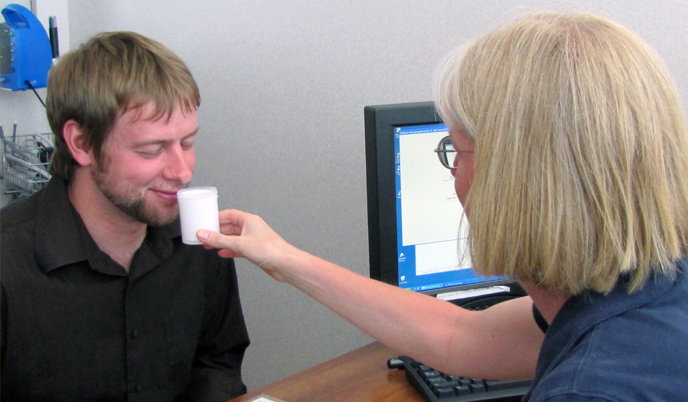
Midlife testing may help predict later cognitive impairment
When researchers test motor skills, hearing, vision and smell in people in their midlife, they are better able to identify those who may develop cognitive decline or impairment 10 years later, according to a new study by researchers at the University of Wisconsin School of Medicine and Public Health.
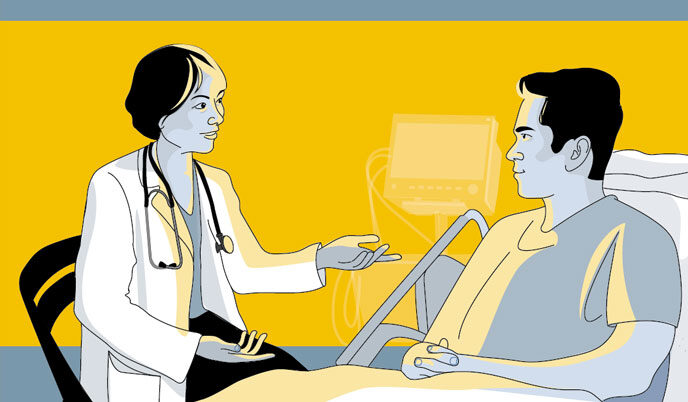
When doctors sit, patients feel better
A new study indicates that the simple act of a doctor sitting in a chair during hospital bedside discussions improved the experience for physicians and patients alike.

Air sampling at schools accurately detects flu and COVID-19 virus levels
Air samplers placed in school cafeterias provided an accurate look at a flu epidemic and at constant low levels of COVID-19 infections in a K-12 school district during the 2022-23 school year, according to a new study from researchers at the University of Wisconsin School of Medicine and Public Health.

Gut inflammation linked to aging and Alzheimer’s disease
A new study by researchers at the University of Wisconsin School of Medicine and Public Health suggests a link between gut inflammation and changes in the brain and declines in memory, further supporting a connection between the gut and brain in Alzheimer’s disease.
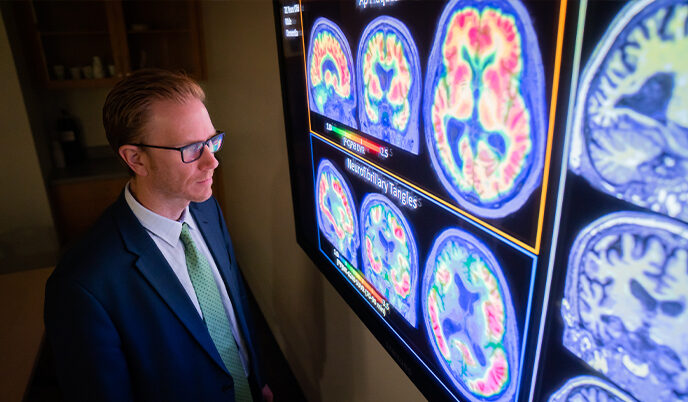
UW–Madison receives $150 million grant to lead nationwide Alzheimer’s disease study
The University of Wisconsin School of Medicine and Public Health has been awarded funding from the National Institutes of Health for a nationwide research initiative to investigate the neurobiology of Alzheimer’s disease and related dementias.

UW clinical trial tests new way to treat glioblastoma
A new clinical trial at UW Health | Carbone Cancer Center uses a personalized medicine method to try to teach the immune system to recognize and destroy glioblastoma tumors.

UW researcher’s career inspired by his own spinal cord injury
Dan Hellenbrand grew up on a small farm near Lodi and by his 20s was on the path to his desired career in carpentry. Then, in an instant, that path vanished.

Researchers pursue easier, earlier detection of Alzheimer’s disease in Black adults
A blood biomarker and a method of testing cognitive processes such as memory and thinking could hold promise for identifying middle-aged Black people who are at risk for later developing Alzheimer’s disease, according to a new study from the University of Wisconsin School of Medicine and Public Health.
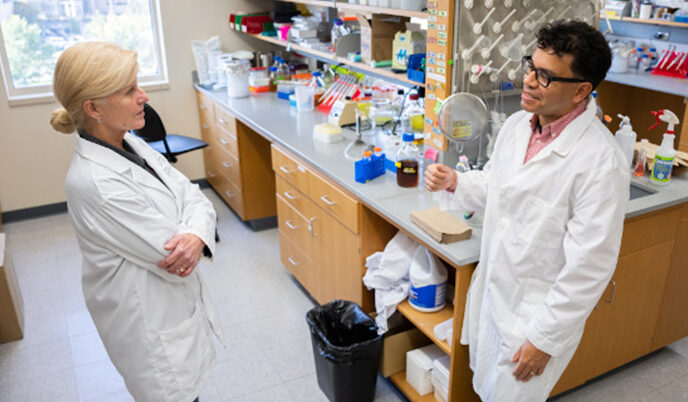
New UW study examines COVID-19 vaccines in people with weakened immune systems
Researchers at the University of Wisconsin School of Medicine and Public Health are exploring the ideal vaccine booster strategy for immunosuppressed patients to protect those at higher risk of severe illness and complications from COVID-19 infection.

UW study links past military service to Alzheimer’s disease
The brains of deceased military veterans had higher levels of two abnormal proteins considered hallmarks of Alzheimer’s disease, suggesting that military veterans face a greater risk for developing Alzheimer’s, according to a new study from the University of Wisconsin School of Medicine and Public Health.